
An employee works on the production line of display screens at a tech firm in Hefei, Anhui province. (XIE CHEN/FOR CHINA DAILY)
China's latest efforts to develop new productivity boosters and speed up the construction of a modern industrial system through technological innovation are expected to inject strong impetus into the country's high-quality economic development and boost the country's core global competitiveness, experts and company executives said.
They called for heightened efforts to enhance independent innovation capabilities, make breakthroughs in core technologies in key fields by investing more in basic research and strategic forward-looking fields, and bolster the in-depth integration of cutting-edge digital technologies with the real economy.
Their comments came as the tone-setting Central Economic Work Conference stressed efforts to lead the development of a modern industrial system through scientific and technological innovations, develop new productivity boosters and improve the resilience and security of industrial and supply chains.
The meeting also emphasized the significance of vigorously advancing new industrialization, developing the digital economy, accelerating the development of artificial intelligence and fostering strategic emerging industries.
Luo Zhongwei, a researcher at the Chinese Academy of Social Sciences' Institute of Industrial Economics, said the key to cultivating new growth engines is to promote the application of new-generation information technologies, including artificial intelligence, 5G, big data and the internet of things in traditional sectors, and advance industrial upgrades.
"More efforts are needed to beef up investment in technological frontiers and develop strategic emerging fields, such as artificial intelligence, biotechnology, new energy, new materials, high-end equipment manufacturing and green industries amid downward economic pressure," Luo said.
The building of a modern industrial system is of great significance in propelling intelligent, green and integrated development of industries, safeguarding the stability and security of industrial and supply chains, and consolidating the momentum of economic recovery, said Pan Helin, co-director of the Digital Economy and Financial Innovation Research Center at Zhejiang University's International Business School.
Wang Yiming, vice-chairman of the China Center for International Economic Exchanges, said that against the backdrop of an increasingly complicated external environment, technological innovation is not only a matter of development, but also of survival.
It is of great importance to pursue breakthroughs in key technologies, Wang said, while emphasizing that promoting high-level self-reliance and self-improvement in science and technology is a prerequisite to guarantee national security.
"China's high-tech manufacturing sector will play an extremely crucial part in promoting high-quality economic development," said Li Dongsheng, founder and chairman of Chinese consumer electronics maker TCL Technology Group Corp.
The country should strive to be self-reliant in sci-tech, and ramp up efforts to tackle bottlenecks in key technologies such as integrated circuits, precision materials, core components and high-end equipment, Li said, highlighting the significance of shoring up weak links in industrial chains and forging new competitive strengths.
China's strength in sci-tech innovation has taken a major leap in recent years. According to the 2022 Global Innovation Index released by the World Intellectual Property Organization, the country has risen to 11th place and remains the only middle-income economy in the top 30.
China should play an active role in formulating global rules and standards for core technologies, which are crucial for building an open and globally competitive innovation ecosystem, said Chen Duan, director of the Central University of Finance and Economics' Digital Economy Integration Innovation Development Center.








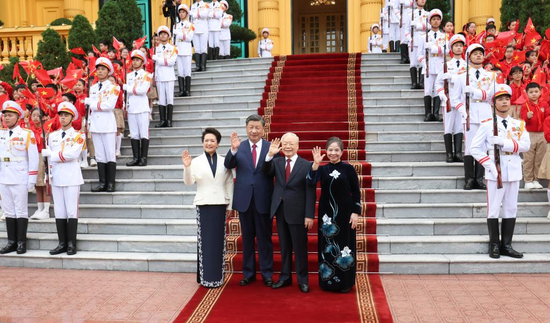
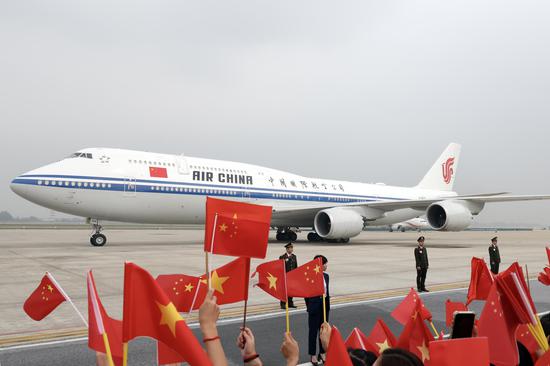
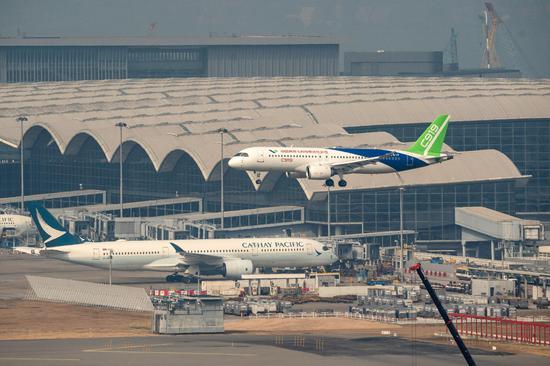
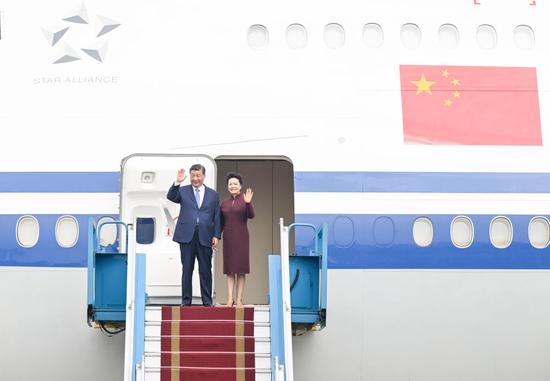
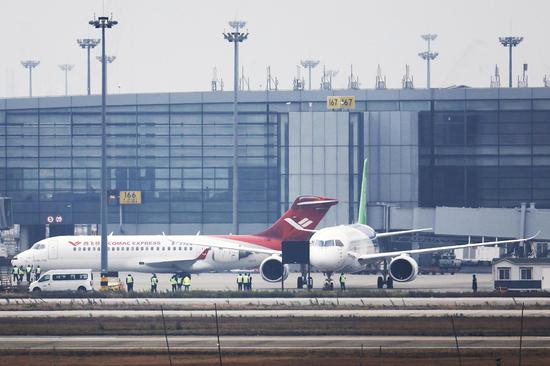
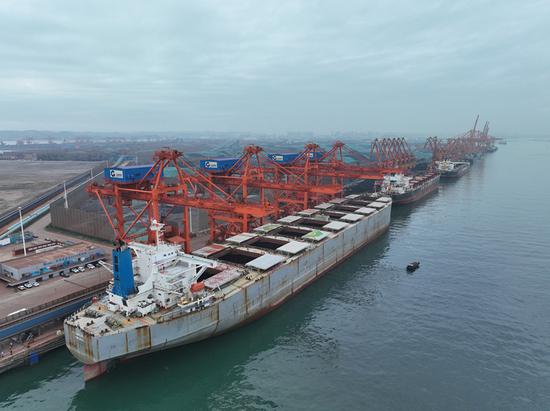
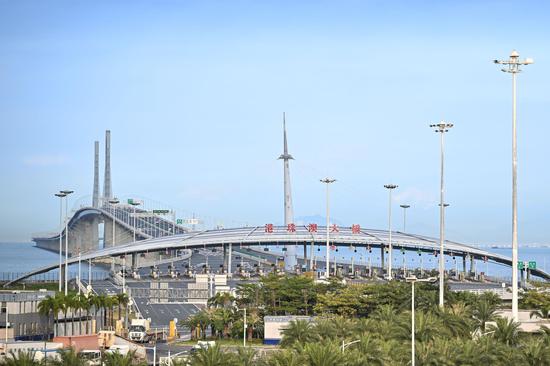
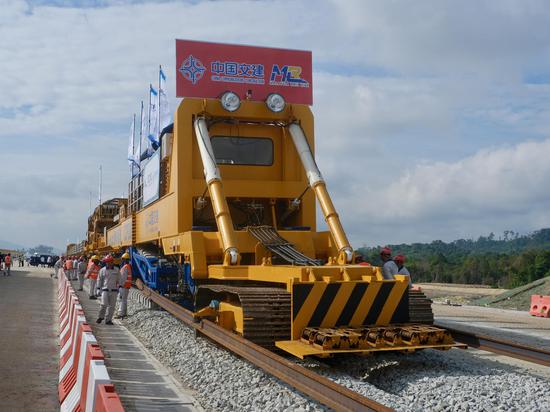

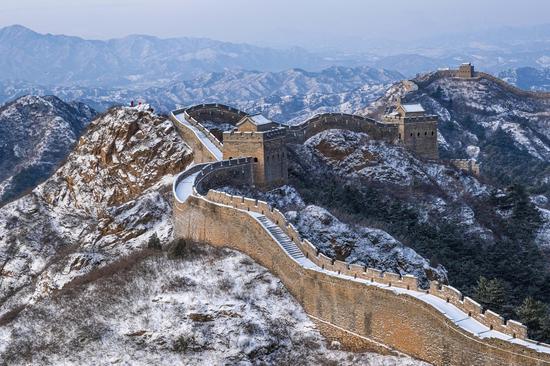
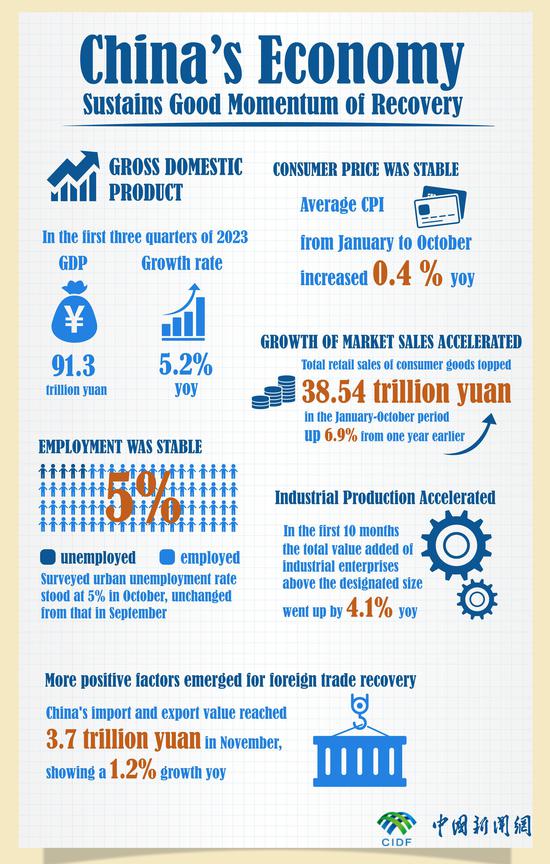


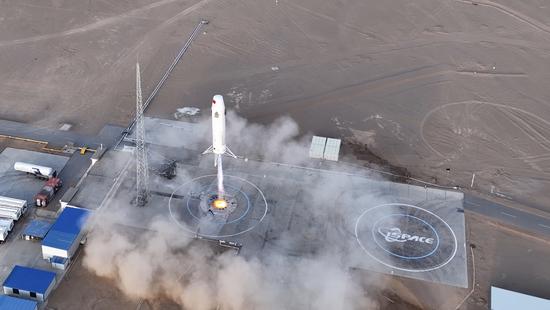
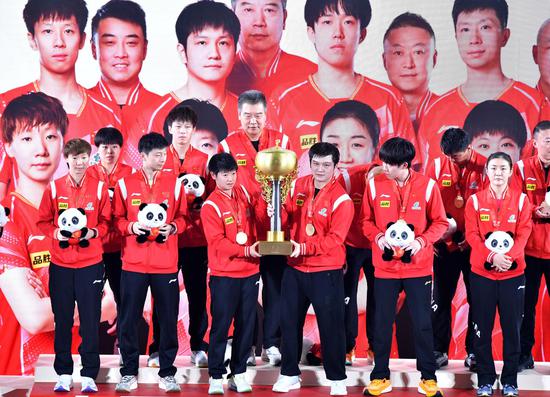

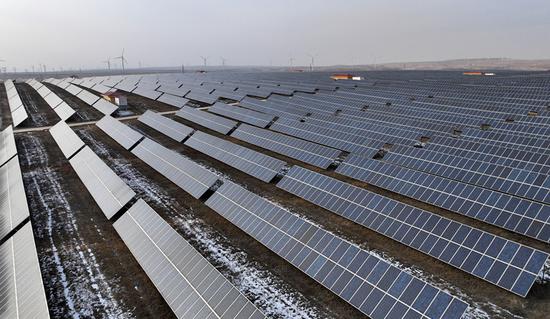
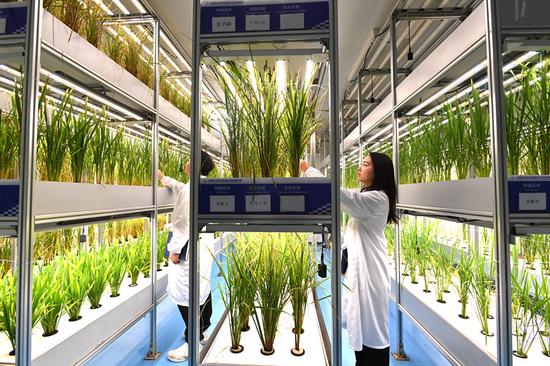
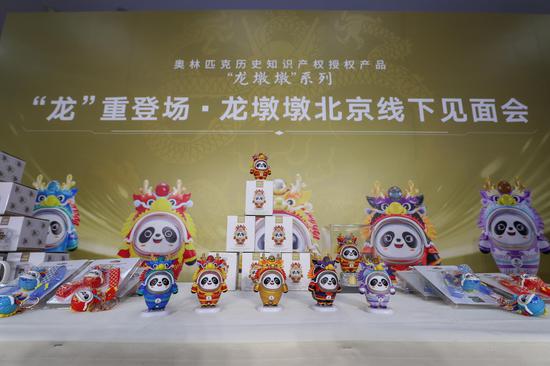


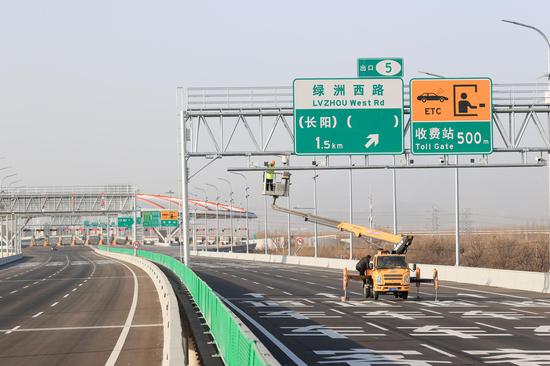




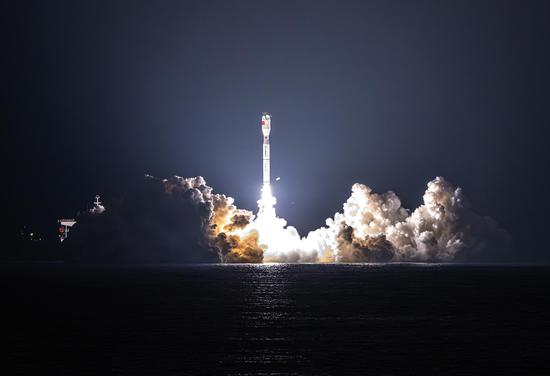


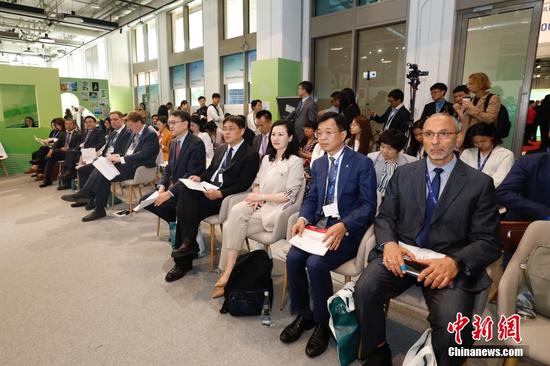


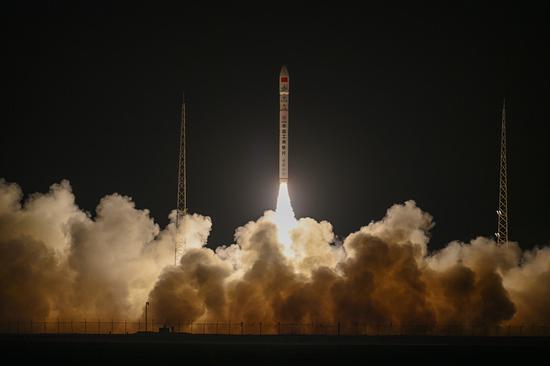

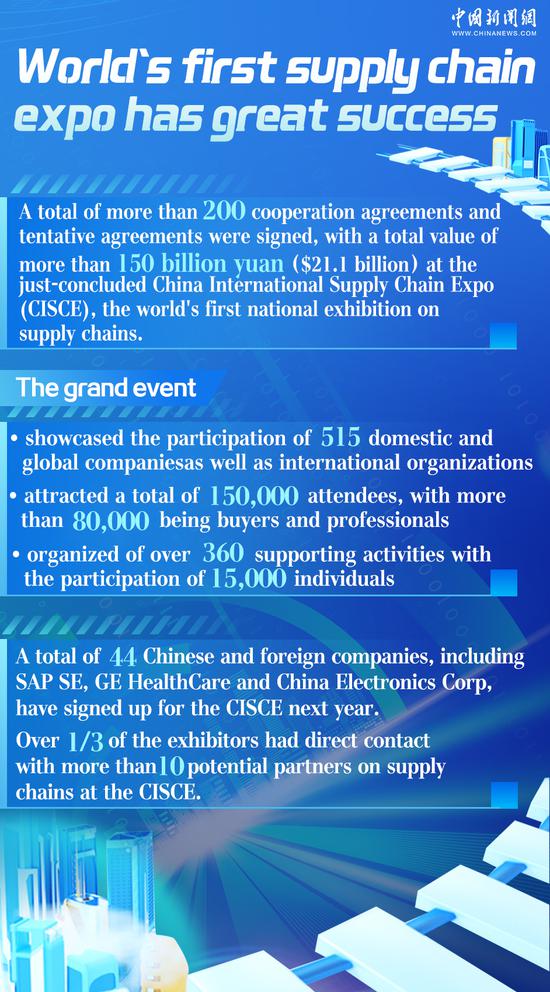







 京公网安备 11010202009201号
京公网安备 11010202009201号